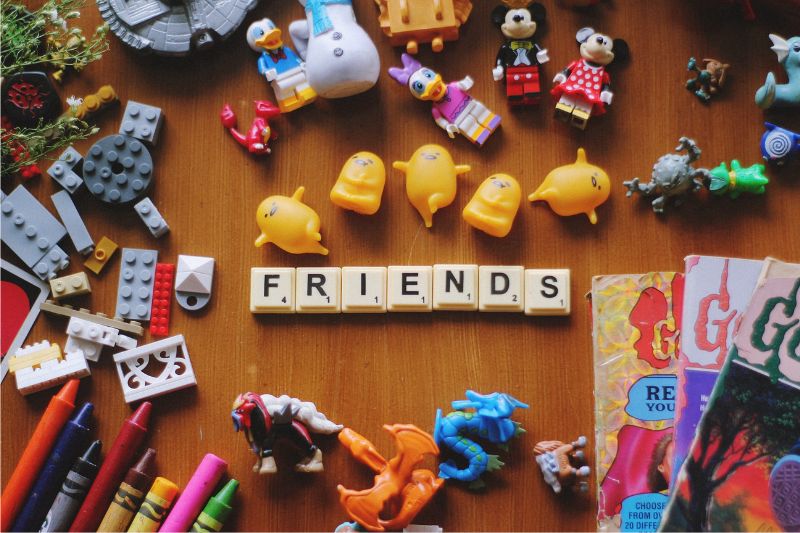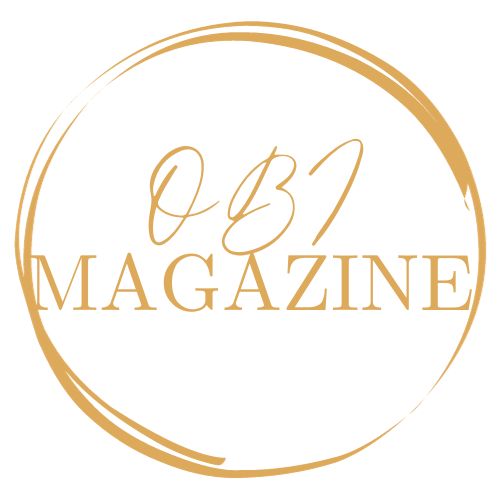4 Signs of Fake Friends: Spotting the Fakes

In the garden of life, friendships are the vibrant blooms that add color to your world. They’re the people you turn to in times of joy, sorrow, and everything in between, making the journey of life all the more beautiful.
But what if, amidst this garden, there are weeds that masquerade as flowers? Fake friends, like these deceptive weeds, can cast shadows on the sunniest of days. They might be the ones who drain your energy, break your trust, or stab you in the back.
Get ready to embark on a revealing journey as we delve into the world of identifying the signs of fake friends. It’s an adventure that will equip you with the knowledge to discern authentic connections from those that are merely a façade. So, read on!
1. Behavioral Signs of Fake Friends
You can spot fake friends by observing their behaviors. Pay close attention to these telltale signs:
- Inconsistency: Fake friends are often inconsistent in their behavior. They may be your best buddy one day and distant the next, leaving you feeling confused and uncertain about their intentions.
- Unreliability: Fake friends tend to be unreliable. They may make promises they don’t keep, frequently cancel plans, or let you down when you need them most. Their actions don’t align with their words.
- Self-Centered Actions: Fake friends often prioritize their needs above yours. They might monopolize conversations, seldom asking about your well-being, and rarely showing genuine interest in your life.
- Manipulative Behavior: Beware of friends who manipulate situations to their advantage. They might play mind games, create drama, or use guilt to get what they want.
- Fair-Weather Friendship: Fake friends are there only in good times. When you face challenges or need support, they may disappear, leaving you feeling abandoned.
Recognizing these behavioral signs can help you identify fake friends and make informed decisions about your friendships.
2. Communication Red Flags
Effective communication is the cornerstone of any genuine friendship. To identify fake friends, look out for these communication red flags:
- Lack of Genuine Interest: Fake friends often show little genuine interest in your life. They might rarely ask about your well-being or simply tune out when you share your thoughts and feelings.
- Selective Availability: If a friend is available only when it suits their agenda and is consistently too busy for your needs, it’s a concerning sign. Genuine friends make time for each other.
- Excessive Flattery: Beware of friends who overdo compliments or flattery. While compliments are normal, excessive praise might be an attempt to manipulate or win favor.
- Gossip and Betrayal: Fake friends may gossip about you behind your back or betray your trust by revealing personal secrets. Trust is the foundation of true friendship, and its breach is a significant red flag.
- Inauthentic Apologies: When fake friends wrong you, their apologies may lack sincerity. They might apologize to avoid conflict, not because they genuinely regret their actions.
Recognizing these communication red flags can help you discern between genuine friends who value open and honest communication and those who may be masking their true intentions.
3. Emotional and Social Cues
True friends enhance your emotional well-being and social life. To identify fake friends, pay attention to these emotional and social cues:
- Emotional Drain: Fake friends can be emotionally draining. You may feel exhausted, anxious, or unhappy after spending time with them due to their negativity or constant demands.
- Jealousy and Competitiveness: Fake friends might exhibit jealousy and competitiveness rather than celebrating your successes. They may undermine your achievements or try to outdo you, leaving you feeling uncomfortable.
- Lack of Empathy: True friends are empathetic and understanding, while fake friends may lack empathy. They might dismiss your feelings or problems, leaving you feeling unheard and unsupported.
- Isolation from Others: Fake friends may isolate you from your genuine social circle. They might discourage your interactions with other friends or family, isolating you for their own gain.
Recognizing these emotional and social cues can help you distinguish between authentic friends who contribute positively to your emotional well-being and those who may be harming your mental and social health.
4. Acting and Dealing with Fake Friends
Identifying fake friends is a crucial step, but acting is equally important. Here’s how to deal with fake friends:
- Trust Your Instincts: If you notice multiple signs of fakeness, trust your instincts. Your gut feeling is often right.
- Confront if Necessary: If you want to salvage the friendship, consider addressing your concerns with your friend. Sometimes, open communication can lead to positive changes.
- Set Boundaries: Establish clear boundaries to protect yourself from further harm. Be firm about what you will and won’t tolerate in the friendship.
- Limit Contact: Gradually reduce your contact with the fake friend. This step can help you create distance while you assess the situation.
- Seek Support: Talk to your genuine friends or a trusted confidant about the situation. They can provide valuable insights and emotional support.
- Consider Ending the Friendship: If the fake friend continues to be detrimental, it may be best to end the friendship. Surround yourself with those who appreciate and support you.
Remember that recognizing fake friends is an essential step toward a healthier social life. Don’t be afraid to prioritize your well-being by taking the necessary actions. Your true friends will stand by your side through these challenges.

Conclusion: Navigating the Friendship Landscape
As you journey through the intricate landscape of friendships, armed with the knowledge to recognize the signs of fake friends, remember this: your well-being is paramount.
Identifying fake friends isn’t about being cynical; it’s about valuing your emotional health. Surround yourself with friends who uplift, support, and cherish you for who you are.
By understanding the signs and having the courage to act when needed, you pave the way for more authentic and fulfilling relationships. Your path to genuine, nurturing friendships is illuminated by the wisdom you’ve gained. Embrace it with confidence and optimism.






